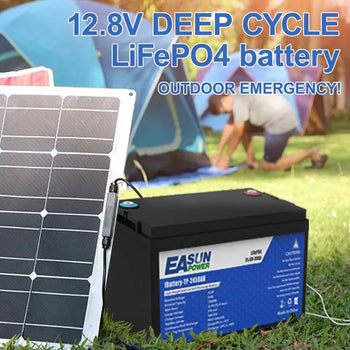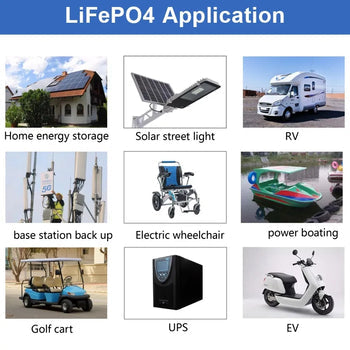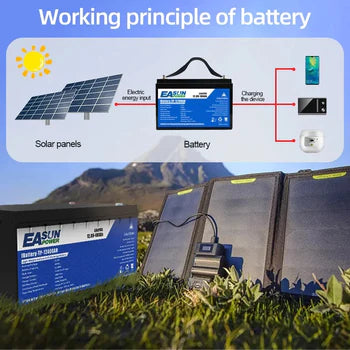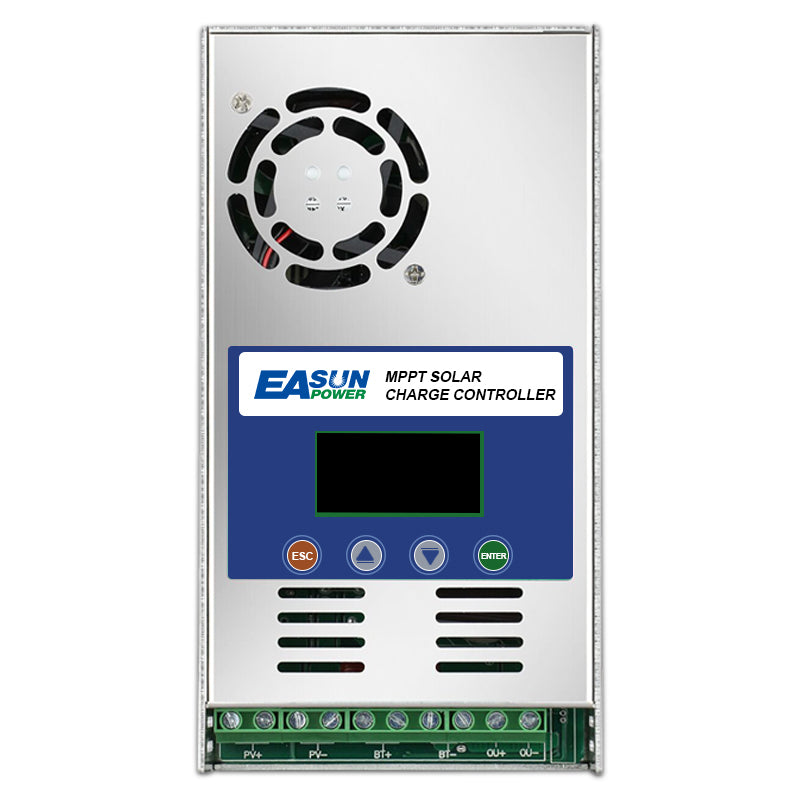
It is well known that lithium-ion batteries are the best way to store solar energy in small off-grid power systems.
Shop Solar Kits understands that off-grid solar systems are only as good as their ability to store power in the field. We've patched, tested and sold thousands of lithium-ion batteries over the years and are always working to find the best solar storage battery.
Here, we outline what to look for when buying a battery for solar system, then list 6 tips for selecting lithium battery for solar system.
Is lithium battery good for solar system?
These batteries work by using lithium ions to transfer energy between the cathode and anode. Lithium batteries are rechargeable batteries commonly used in off-grid and grid-tied solar energy systems for storing the energy generated by solar panels during the day and releasing it when it is needed, such as during periods of low sunlight or at night.
Here are the reasons that why lithium batteries are more widely used in solar system than lead-acid batteries.
Benefits of Lithium Battery for Solar System
There are several benefits for solar systems,shows below:
- High energy density
Lithium batteries have a higher energy density than other battery types, meaning they can store more energy per unit of weight or volume. This makes them ideal for solar energy storage, where space and weight are often at a premium.
- High cycle life Could be reduce the cost
- Faster charging
- Maintenance-free
- Better efficiency
In our experience, lithium batteries are a great choice for solar systems as they offer higher energy density, longer lifespan, faster charging, and better efficiency compared to other battery types.
Types of Lithium Battery for Solar
IBattery-TP-12V-100AH
IBattery-TP-12V-100AH



Which Type of Lithium Battery is Best for Solar?
In terms of the best lithium-ion battery for a solar energy storage system, it depends on several factors such as budget, space available, energy requirements, and expected lifespan.
Easunpower LiFePO4 batteries are a popular choice because they offer a good balance of cost, energy density, and cycle life.However, the best type of lithium battery for your solar system will depend on your specific requirements and budget. It is important to consider factors such as energy density, cycle life, power density, and safety features when making your decision. Additionally, you should work with a qualified installer or engineer to ensure that your solar system is designed to accommodate the specific type of battery you choose.
What to Look for When buying a Solar Battery
You can use lithium-ion batteries in golf carts, boats, and tons of other applications.
There are six key features to consider about lithium-ion solar batteries before choosing the best battery for your application
- Battery Capacity/How Long It Will Last
- Lifecycles
If a battery is rated at 1000Wh with 500 lifecycles at 80% DoD, then it can hold approximately 800Wh of electricity storage after 500 full uses.
- Shelf Life
In general, anything from 3 to 6 months is an average shelf life typical of high-quality lithium-ion batteries.
- Warranty
Of course, shelf life, lifecycles, and battery ratings mean nothing if your battery is defective. Like all electronics, lithium solar batteries may malfunction, so a good warranty is important to ensure the ongoing success of your off-grid system.
Long warranty periods, like seven, 10, and 12 years, can help you get the best return on investment for a lithium solar battery. Companies like Lion Energy provide lifetime warranties with some of their products. As always, it is important to read the fine print in a battery warranty and be careful not to do anything that would void a full refund.
- Temperature Rating
Consider the temperature rating of the 12v LiPo battery before making your final decision. If you plan to take your battery into cold weather conditions (in a van, RV or home), it's good to know that your technology can work without putting you in the cold.
There are a few temperature ratings to keep in mind. Namely, batteries have charge, discharge and storage temperature ratings that indicate how they can be used safely while maintaining normal operating conditions.
- Battery Management System (BMS) Features
Compared to AGM and lead-acid batteries, 12v lithium-ion batteries generally have more advanced battery management features. Advanced lithium-ion batteries with smart BMS temporarily absorb higher voltages and allow for highly efficient charging and discharging.
Generally speaking, smart BMS systems that automatically adjust electricity flows are considered premium features and designed to protect against possible damage to the system.
Thanks to recent developments, some of the newer lithium-ion batteries on the market make it easier to take complete control of the internal BMS. While some companies use an app (see KiloVault below), others use an onboard LED or LCD screen.


